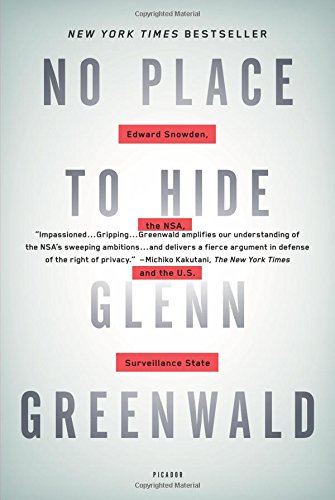Google might soon add its terms of service to the First Amendment. A leaked document from the tech giant argues that because of a variety of factors, including the election of Donald Trump, what we call the “American tradition” of free speech may no longer be viable. The report lays out how Google can serve as the world’s “Good Censor,” a stern mommy figure protecting us from harmful content and, by extension, dangerous behavior, like electing the wrong president again.
The document, which Google has officially characterized as research, is infuriatingly vague about whether any decisions have been made or action has been taken. So think of all this as a guidepost, like the Ghost of Christmas Future showing us potential doom ahead.
Google maintains 90 percent market dominance in the internet browsing space and processes some 3.5 billion searches a day. It’s now talking about changing the rules so the freedom to speak will no longer exist independent of the content of speech. What you’re allowed to say could depend on Google’s opinion of whether or not it will negatively affect others. To Google, the personal liberty of speech may require balancing against collective well-being. The company is acknowledging for the first time that it has the responsibility and power to unilaterally adjudicate between “free-for-all” and “civil-for-most” versions of society.
 No Place to Hide: Edwa...
Best Price: $2.00
Buy New $10.79
(as of 12:25 UTC - Details)
We should be paying more attention to how they plan to do this. But because the document leaked on Breitbart and because the initial rounds of censorship have impacted mostly those right of center, it has received little critical attention. Yet the significance of this foray into censorship extends beyond the left-right fight, because the standards for censored content are easily changed. If this plan is implemented, everything you ever read online will be judged before it reaches you (or doesn’t reach you).
No Place to Hide: Edwa...
Best Price: $2.00
Buy New $10.79
(as of 12:25 UTC - Details)
We should be paying more attention to how they plan to do this. But because the document leaked on Breitbart and because the initial rounds of censorship have impacted mostly those right of center, it has received little critical attention. Yet the significance of this foray into censorship extends beyond the left-right fight, because the standards for censored content are easily changed. If this plan is implemented, everything you ever read online will be judged before it reaches you (or doesn’t reach you).
People should be free to say nearly anything they want. In the marketplace of ideas, good will overpower bad. If we block one person’s speech, we can soon block others. The collective right to free speech is more important than an individual’s reaction to that speech. There is an uncomfortable duty to protect speech irrespective of its content.
Yet today Google (and Facebook, Twitter, and their successors) seem to perceive these old ideas as more outmoded than the powdered wigs the Founders wore when they wrote them.
So Jefferson had a good run—right up until the election of Donald Trump scared the free speech ideal out of Google. Could they have been…responsible…for helping elect a threat to democracy, someone who could shape-shift into a dictator? Should they have tried to stop him? Wouldn’t you have killed baby Hitler if you could have?
Under such circumstances, free speech is reimagined as a liability that bad actors will exploit judo-style, the tools of democracy used to destroy democracy. The Google document warns that “online manipulation and disinformation influenced elections in more than 18 countries, including the U.S. [as] free speech becomes a social, economic and political weapon.”





